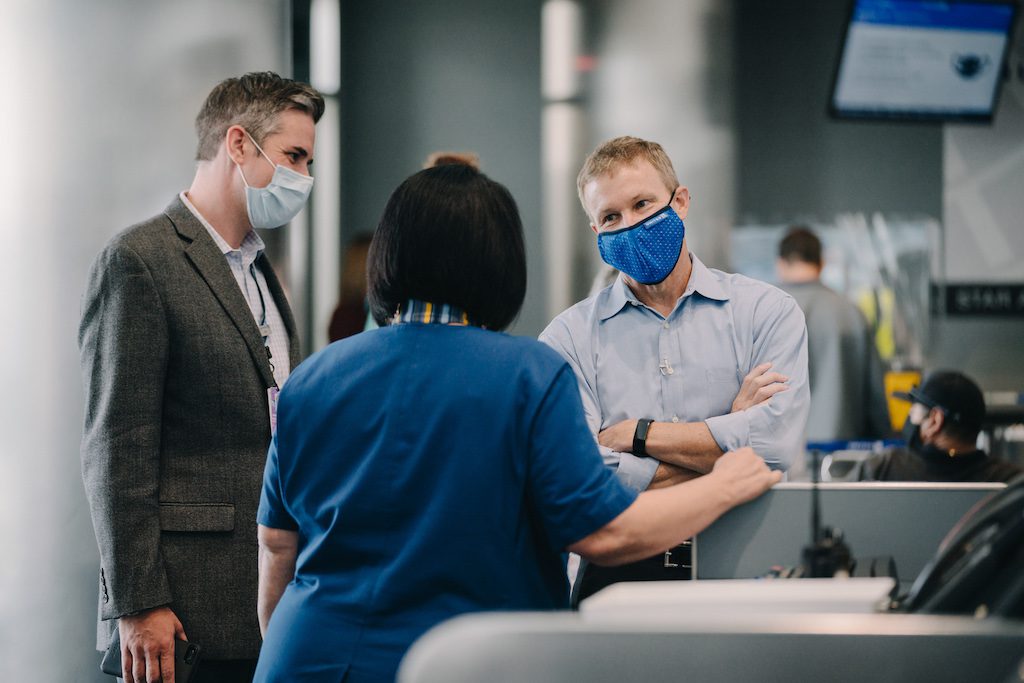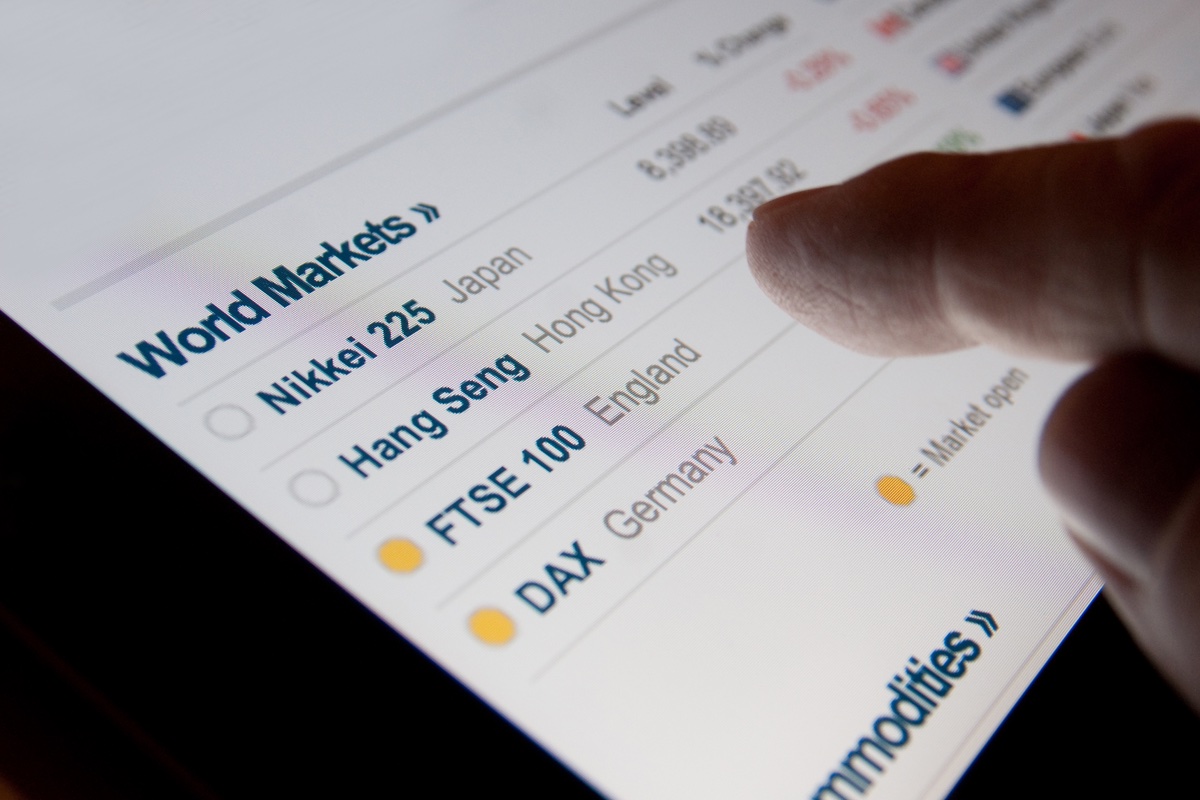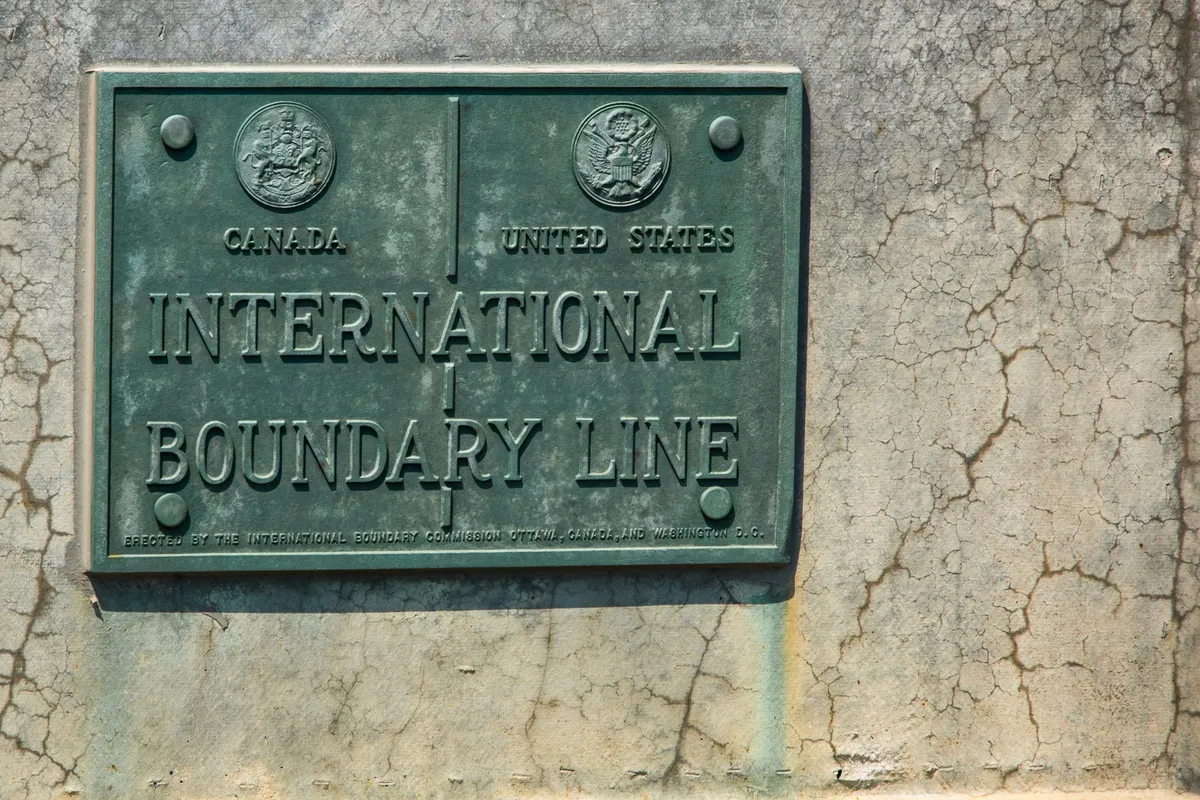United Airlines CEO Says Vaccine Mandate Wasn't a Business Decision: Skift Exclusive

Skift Take
In all the controversy over corporate Covid-19 vaccine mandates at airlines something has been lost: Whether consumers — travelers in airlines’ case — even care.
Fundamentally, what matters to a carrier like United Airlines or Delta Air Lines is whether a traveler buys a ticket and flies them, hopefully repeatedly. That is their business. Of course the safety of staff and passengers goes hand in hand with that but, when it comes to buying a ticket, how often does one check the frequency of maintenance checks or the last time a plane was electrostatically disinfected?
“I don’t want it to be a competitive advantage,” United CEO Scott Kirby said of the airline’s Covid-19 vaccine mandate for staff. Speaking with Skift in an exclusive interview at the trade group the International Air Transport Association’s (IATA) Annual General Meeting in Boston this week, he emphasized that the airline does not compete with other airlines on safety. United was the first U.S. airline to require staff get their jabs with more than 99.5 percent of U.S. employees — in many other countries companies cannot mandate vaccines — inoculated at the end of September.
But that does not mean Kirby doesn’t see the move, which he says was the “right thing to do,” as having some benefits for United.
“Because everyone else is taking a long time, I think it probably has certainly been a positive for the United brand,” he said.
Brand benefits, however, are difficult to measure in the short term. The United brand has generally risen in travelers’ estimation over the past few years as the airline has re-invested in its fleet, onboard product and service after a rough patch following its 2010 merger with Continental Airlines. The latest such improvement was unveiled in June; as part of an order for 270 new jets United will also install new economy cabins on its fleet of narrow-body jets with in-seat screens that are popular with travelers.
And, given the less than two-month period between United unveiling its mandate and the White House edict expanding it to all airlines, it is hard to say any travelers were swayed in their airline choice.
“It’s easy to talk about making changes to the airlines we fly but it’s difficult to actually do that based on the fact that we have a highly concentrated airline industry,” said Co-Founder and Travel Industry Analyst Henry Harteveldt.
Take, for example, the situation with Boeing’s 737 Max. After it was grounded in 2019 following two fatal crashes, survey after survey found many travelers saying they would never fly on the jet again. But in the first eight months that it was back in the skies, airline after airline reported no indication of travelers changing their itineraries or booking away from flights operated by the Max.
“From the first day of flying to now, we just don’t see anyone having any concerns at all,” American Airlines Chief Operating Officer David Seymour said of the Max return in August.
Given what consumers say and do tend to be different things, there appears very little to indicate that United will emerge from the Covid-19 vaccine benefit with any noticeable benefit to its bottom line. And, with nearly every other U.S. carrier falling in line since the White House made it clear that contractors must mandate the jabs, any differentiation has disappeared. Only Delta stands apart by not yet mandating vaccines with CEO Ed Bastian saying that he expects more than 90 percent staff to be inoculated by December.
Travel Recovery
With the vaccine debate in the rearview mirror, United’s leadership can focus on the task at hand: the travel recovery. The airline rolled back its once robust fall outlook in September following the Delta variant surge, and shifted its focus to the year-end holidays for the next step up in demand.
That updated forecast appears to be playing out with United unveiling its largest schedule to-date in the pandemic for December. The carrier will fly 91 percent of what it flew in December 2019 that month, including new service between its former Cleveland hub and Las Vegas and Phoenix. United will also resume seasonal point-to-point routes connecting northern cities with Florida during the month.
Kirby, who is generally bullish on the recovery, said he expects an “acceleration” in business travel demand in January. This is also when he anticipates European demand to begin recovering in a significant way with next summer set up to be United's "best" ever across the North Atlantic. The U.S. will reopen to vaccinated travelers, including those from Europe, in early November with many foreign carriers reporting dramatic jumps in U.S. holiday demand.
The travel recovery to Asia, however, is at least 12-18 months behind Europe, said Kirby. This is significant for United that, in 2019, generated nearly 12 percent of its passenger revenue from the region — more than at any other U.S. carrier. When countries do reopen and travel does recover there, Kirby expects they will mandate vaccines for all arriving travelers.
The pandemic has allowed United to reshape its map and "experiment," as Kirby put it. This includes new service to Accra, Ghana, and Johannesburg, as well as new nonstops to India. Asked whether this will continue once international demand returns, Kirby said yes though he also expects United's pre-crisis network to return along with demand.
In October — the latest month with finalized data — United's capacity across the Pacific is down 67 percent compared to 2019, according to Cirium schedule data. U.S. domestic capacity is down just 14 percent and European capacity 42 percent.




